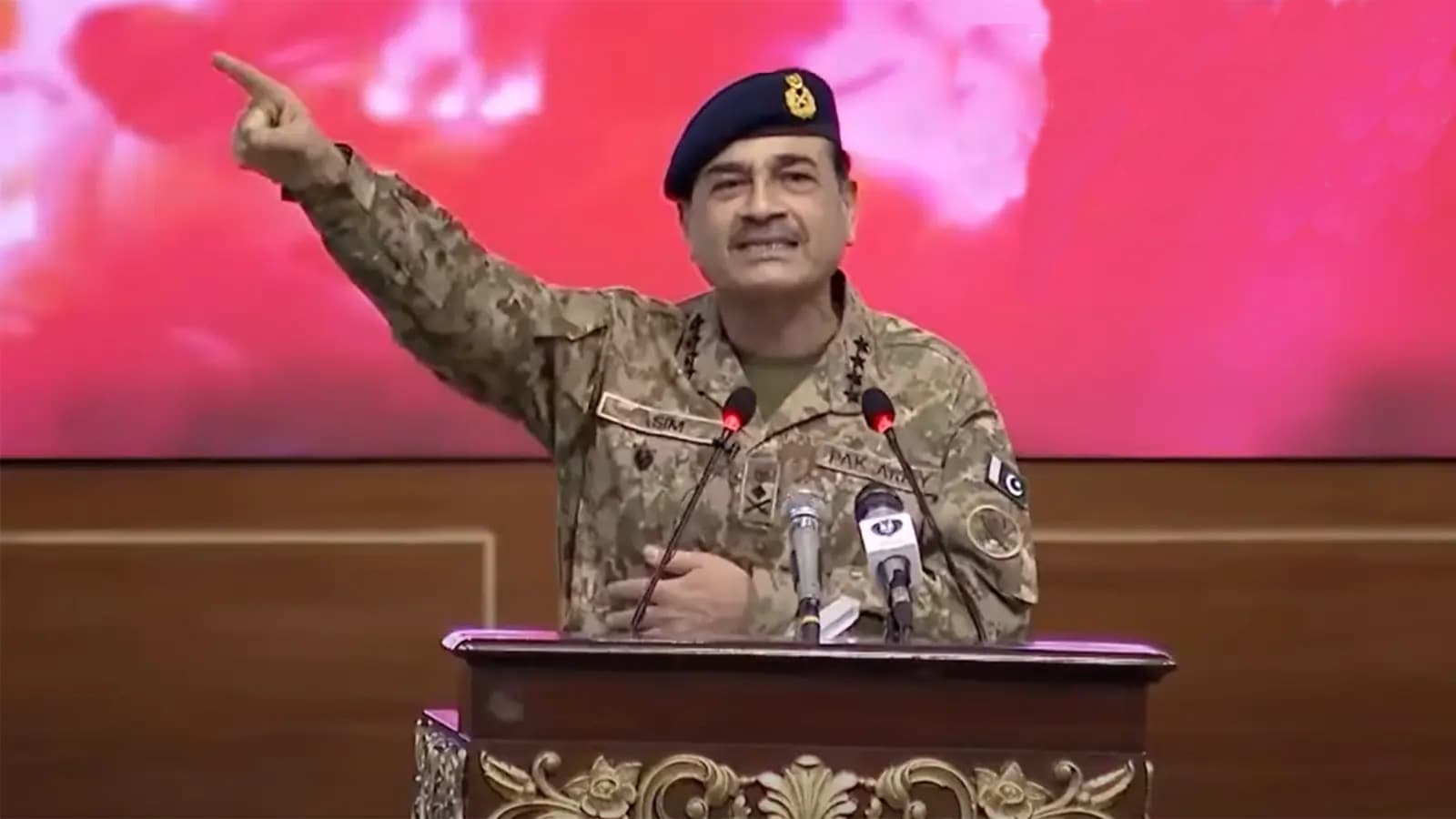C Raja Mohan writes: Pakistan’s Asim Munir has made a gamble at Pahalgam. India must not let it succeed

Ancient Chinese strategist Sun Tzu said: “If you know the enemy and know yourself, you need not fear the result of a hundred battles. If you know yourself but not the enemy, for every victory gained you will also suffer a defeat. If you know neither the enemy nor yourself, you will succumb in every battle.” As India prepares to use force against Pakistan, it is important to understand, to the extent possible, the calculus of the adversary, General Asim Munir. Pakistan’s civilians have given up trying to control national security policy, especially towards India. The present government is probably one the weakest in Pakistan’s history, and does not make even a pretence of being in charge. The key to India’s success in this round of confrontation lies in understanding Munir’s decision to order the Pahalgam provocation. That the General has gambled big is not in doubt. Munir confronts multiple challenges — the continuing standoff at home and abroad among the diaspora with Imran Khan. Story continues below this ad Pakistan’s relations with Taliban-led Afghanistan are at a historic low. The Tehrik-e-Taliban Pakistan is waging a war against the Pakistani state. Meanwhile, the people of Khyber Pakhtunkhwa, Balochistan, and PoK are restive. The much-hyped turnaround moves Pakistan’s economy from years of no growth to a period of low growth of about 2.7 per cent this year. Munir has not been able to deliver on significant reforms to overcome the structural constraints on the economy. Pakistan’s international standing has steadily diminished. It is remarkable that Munir chose to open up Pakistan’s only front that has been relatively stable, if at a low equilibrium — the border with India. Munir’s gamble may have a logic of its own. In reviving the confrontation with India, Munir has bet that there would be the inevitable rallying round the army in Pakistan. In invoking the two-nation theory and by making the Pahalgam attack a deliberate one against Hindus, he would shore up his position at home. He might also have hoped that his actions would trigger internal communal violence in India and thereby weaken it. Part of Munir’s calculus is that by raising the prospect of a nuclear escalation, he could mobilise familiar international intervention, prevent India from mounting a full-fledged military campaign, and mount pressure on India to make concessions on Kashmir and reopen the long-stalled bilateral dialogue. Story continues below this ad India’s principal task lies in defeating Munir’s political calculus. In responding to the terror attack, Delhi must ensure that it does nothing to weaken the internal unity of India. Defeating Pakistan’s attempt to provoke communal conflict is critical for India’s conduct of war and the broader ideological argument with Munir’s “two-nation” theory. India’s imperative to preserve a united domestic front is complemented by the importance of getting the international community to remain neutral if not support Delhi’s military campaign against Pakistan. Shaping this narrative on India’s battle against Pakistan-based terror groups is critical given the past temptations of major powers, especially the US, to intervene, especially on Kashmir. That has begun to change in recent years amid the improvement in India’s relations with the US. In the crisis over the Pulwama terror attack in 2019, and arguments at the UN Security Council that year on India’s constitutional amendments on Kashmir, pressed by China, the US stood with India. Underlying this change is the shift in strategic priorities in Washington. So long as it focused on the war in Afghanistan, Washington attached considerable importance to its relationship with Islamabad. After the US withdrawal from Afghanistan, Islamabad’s weight in Washington has significantly diminished. Given the new focus on the Indo-Pacific, Washington’s interest in India has steadily grown. The same is true of the Middle East. The UAE and Saudi Arabia, generous benefactors of Pakistan, have deepening economic and security ties with India and are unlikely to tilt in favour of Pakistan. Barring a handful of countries like Turkey, there has been no rallying of international support for Pakistan. Delhi will carefully watch China’s reaction. It appears to be extending diplomatic support to Pakistan, at the UNSC, for example, even while calling for restraint from both sides. Although Beijing is unlikely to abandon its all-weather ally, it remains to be seen if it is willing to protect the recent progress in the slow normalisation of relations with India. Meanwhile, Delhi itself has learned the art of coercive diplomacy, by leveraging the international fear of nuclear escalation to mobilise political pressure on Pakistan to end cross-border terrorism. Yet, Delhi can’t take international reactions for granted. That dynamic will be closely tied to the way India’s use of force unfolds and how Delhi responds to the inevitable Pakistani retaliation. It will also depend on Delhi’s recognition of its limitations and a careful assessment of the risks involved in the use of force. Using visible blunt force may help satisfy the strong urge for retribution in India but that does little to resolve the problem of Pakistan’s impunity in deploying terrorism against India. The time has come for Delhi to break away from the recurring pattern of Pakistan-backed terror acts — India’s use of force — international involvement — and Rawalpindi’s restraint for a while. Breaking this cycle now involves undermining Munir’s political position, and deepening the internal contradictions in Pakistan triggered by his failed domestic policies. This won’t be easy, but it’s not impossible. It would involve Indian engagement with the various political formations within Pakistan that have a stake in changing the internal status quo. Since India’s constitutional amendments to the status of Kashmir in 2019, Delhi’s strategic objective has been to alter the terms of engagement established when Rawalpindi acquired nuclear weapons in the late 1980s. That political objective can’t be realised without internal change in Pakistan. Moving towards the goal must be the principal purpose of India’s use of force this time. The writer is a distinguished fellow at the Council on Strategic and Defence Research and a contributing editor on international affairs for The Indian Express

















